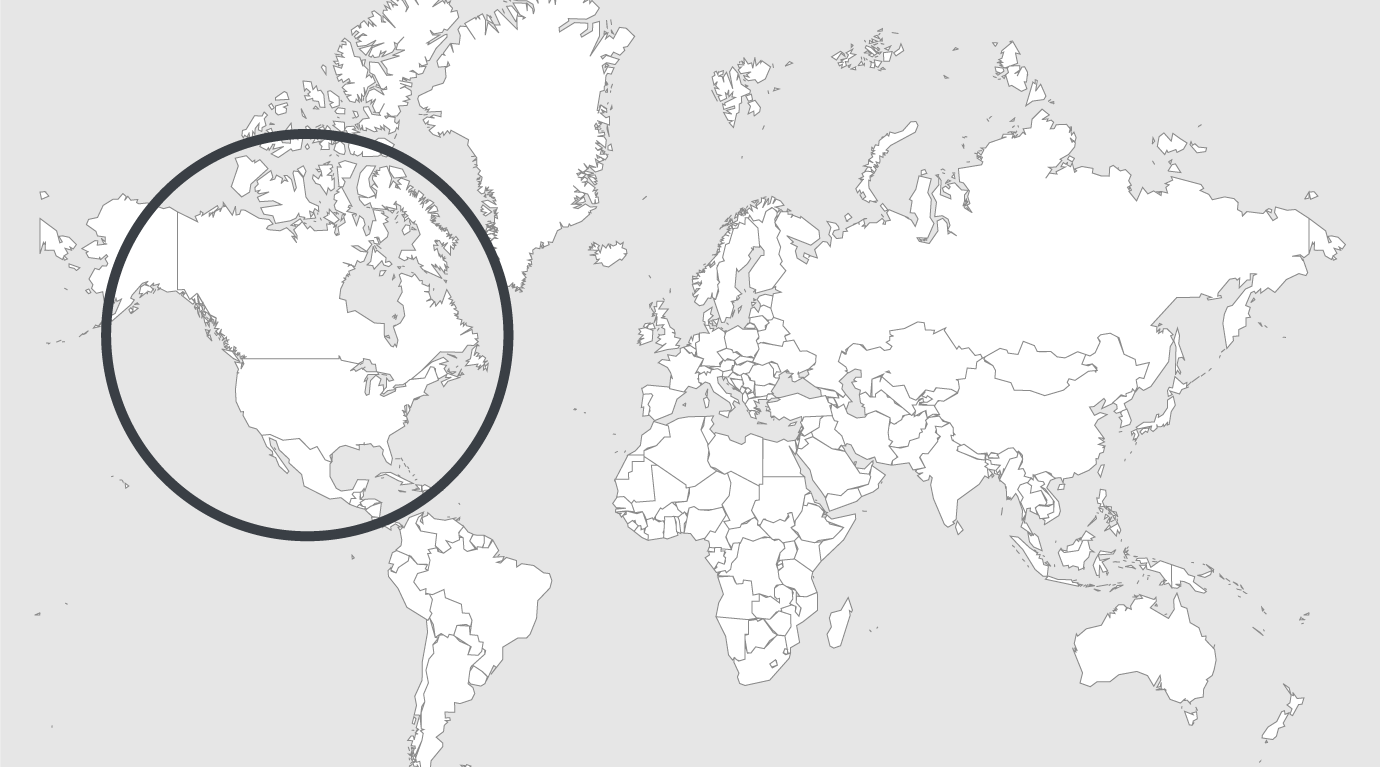
Explore
USA: yes, lots of people go to jail because they can't pay a fine
From 1990 to 2004, the rate of people on probation who were sent back to jail for noncompliance grew by 50 percent.
The United States has the largest incarcerated population in the world, climbing from 600,000 to over 2 million in just a few decades. We also have the highest percentage of our population behind bars of any country. The people most likely to languish behind bars are Black, Latino, Native American, and poor. It’s a legacy rooted in Jim Crow-era policies that continues in the thinly veiled racism of the war on drugs, as lawyer Michelle Alexander points out in her book The New Jim Crow.
But there’s another number that dwarfs the prison population: Nearly 5 million people are under some sort of parole or probation supervision in the United States. That’s a fourfold increase since 1980, according to a new report released last week by the Columbia University’s Justice Lab. During that time, the requirements for people under judicial supervision have become more stringent. The number of conditions people must adhere to has increased, for example, as has the length of supervision required. As a result, many people wind up in jail – not for committing another crime, but for a technical violation of probation or parole conditions.
In fact, from 1990 to 2004, the rate of people on probation who were sent back to jail for non-compliance grew by 50 percent, from 220,000 to 330,000, according to the report.
This suggests a way to vastly reduce the rate of imprisonment in the United States, just by reducing the number of people who wind up in jail because of these technical violations.
In some cases, the infractions that send someone back to jail are as simple as coming late to a meeting with a parole officer or failing to make payments on a fine. Being a person of color increases the odds of winding up in prison for a parole violation, according to a study by the Urban Institute.
Read full article
